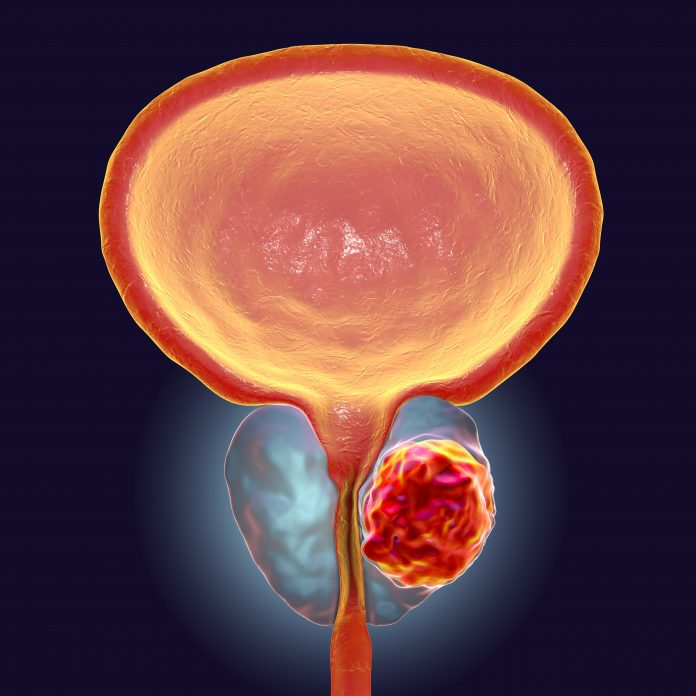
AstraZeneca is acquiring Fusion Pharmaceuticals for $2B. Fusion is a developer of next-generation radioconjugates (RCs) for precision medicine. Fusion’s lead program is alpha-emitting radiopharmaceutical FPI-2265, a small molecule targeting prostate cancers expressing PSMA (Prostate-specific membrane antigen), which is in Phase II for patients with metastatic castration resistant prostate cancer with progressive disease.
Fusion will become a wholly owned subsidiary of AstraZeneca, with operations continuing in Canada and the U.S.
FPI-2265 incorporates actinium-225. By delivering a greater radiation dose over a shorter distance, alpha particles such as actinium-225 are thought to have the potential for more potent cancer cell killing and targeted delivery, thereby minimizing damage to surrounding healthy tissue.
The primary mechanism of action of 225Ac is thought to be direct cell damage through the induction of multiple double-stranded DNA breaks. A proposed secondary mechanism, is “the Bystander Effect,” which Fusion says “has been shown to be as significant to the overall efficacy in killing cancer cells as the direct DNA breaks.”
Susan Galbraith, executive vice president, oncology R&D, AstraZeneca, said, “Between thirty and fifty percent of patients with cancer today receive radiotherapy at some point during treatment, and the acquisition of Fusion furthers our ambition to transform this aspect of care with next-generation radioconjugates. Together with Fusion, we have an opportunity to accelerate the development of FPI-2265 as a potential new treatment for prostate cancer, and to harness their innovative actinium-based platform to develop radioconjugates as foundational regimens.”
RCs have emerged as a promising modality in cancer treatment over recent years. These medicines deliver a radioactive isotope directly to cancer cells through precise targeting using molecules such as antibodies, peptides, or small molecules. RCs are administered systemically, which enables their use in tumor types not accessible to external beam radiation and allows the targeting of cancer cells that have spread from the main tumor to other sites in the body. This approach has many potential advantages compared to traditional radiotherapy including minimizing damage to healthy cells and enabling access to tumors not reachable through external beam radiation.
John Valliant, CEO, Fusion, said: “This acquisition combines Fusion’s expertise and capabilities in radioconjugates, including our industry-leading radiopharmaceutical R&D, pipeline, manufacturing and actinium-225 supply chain, with AstraZeneca’s leadership in small molecules and biologics engineering to develop novel radioconjugates. Expanding on our existing collaboration with AstraZeneca where we have advanced FPI-2068, an EGFR-cMET targeted radioconjugate into Phase I clinical trials, gives us a unique opportunity to accelerate the development of next-generation radioconjugates with the aim of transforming patient outcomes.”
Under this agreement, AstraZeneca will acquire all of Fusion’s outstanding shares for $21.00 each. The upfront cash portion of the deal is worth $2bn, a 97% premium to Fusion’s closing market price of $10.64 on March 18, 2024. Combined, the upfront and maximum potential contingent value payments represent a transaction value of approximately $2.4bn.













